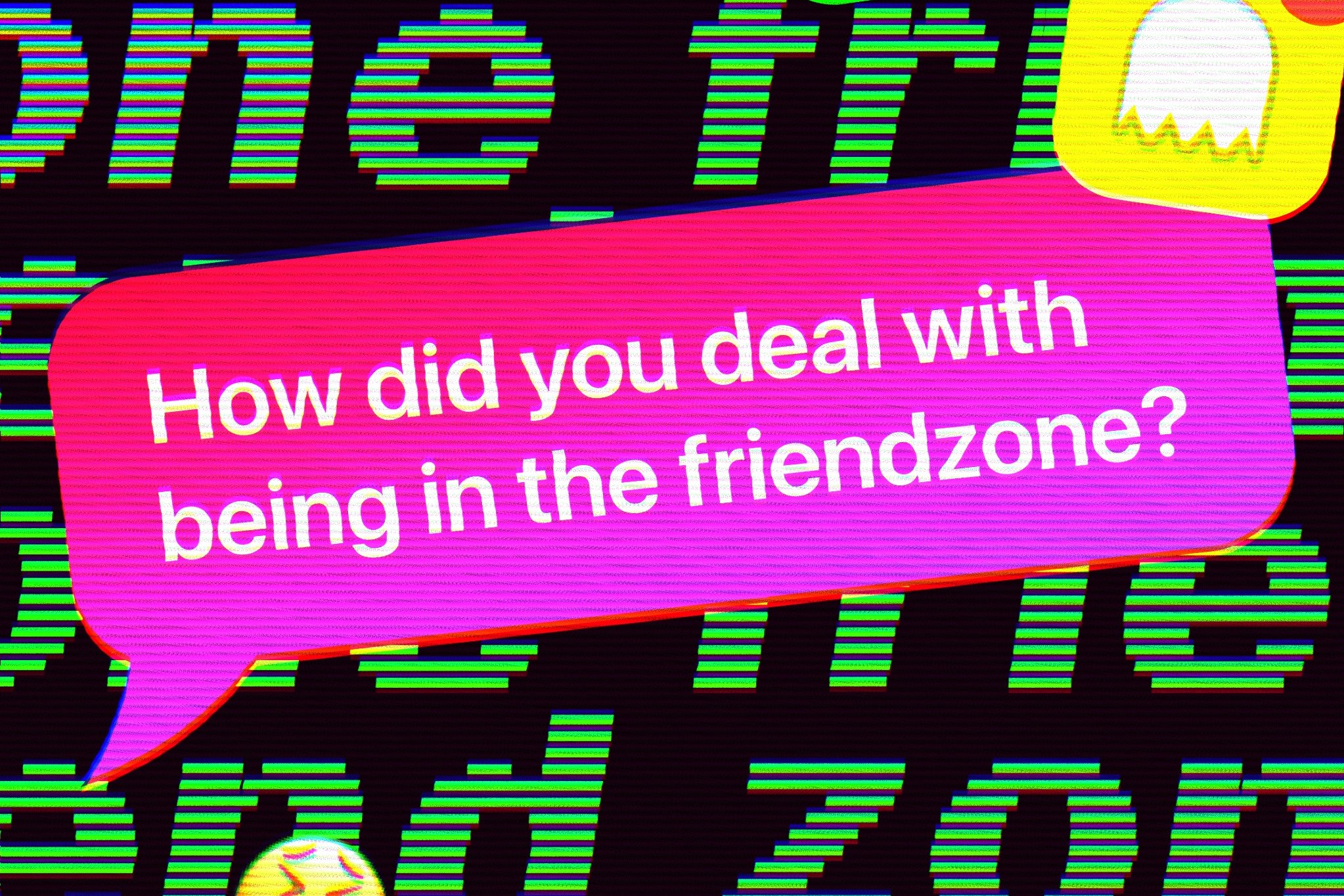Helping young men accept rejection online

#CrushedButOkay is a social media and advocacy campaign helping reduce harmful sexualised behaviour online. Image: Alannah & Madeline Foundation
In summary
- #CrushedButOkay, an Australian-first social media and advocacy campaign backed by Swinburne research, is helping support young men dealing with rejection online
- The campaign features a range of videos made by talented young influencers to get men talking about ways to reframe and process common scenarios
- Swinburne student Lucas Karlson worked with the Alannah & Madeline Foundation on co-designing the content with young people as part of his professional placement
Being friendzoned, ghosted and negged online are realities of everyday life for most young people. Now, backed by Swinburne researchers, a new youth-led campaign has launched to help give young men practical tips and tools to deal with rejection and communicate respectfully online.
#CrushedButOkay is an Australian-first social media and advocacy campaign featuring content co-designed by the Alannah & Madeline Foundation, Swinburne researchers, and young people from schools, sporting clubs and gaming groups across Australia.
Professor Kath Albury from Swinburne University of Technology said the campaign was the outcome of 18 months of consultation with young people, researchers and leaders in the field of young men’s wellbeing.
“The evidence around online abuse makes it clear that there is no single solution to this complex problem, but the Swinburne team is proud to be part of this project that centres on young people's experiences and takes a positive approach to online harm reduction,” Professor Albury said.
“The outcome is a set of innovative resources that help young men build practical skills to sustain ethical online relationships.”
For young people, by young people
Fourth-year student Lucas Karlson is studying a Bachelor of Business Innovation at Swinburne. As part of his Swinburne Professional degree, he worked full-time with the Alannah & Madeline Foundation for a year, helping to recruit participants and delivering the co-design workshops that formed the basis of #CrushedButOkay.

Swinburne student Lucas Karlson helped bring a youth perspective to the #CrushedButOkay campaign. Image: supplied.
He feels confident that the final campaign will help move the needle on sexual harassment online, thanks to the many hours of volunteering and paid work done by young people on the project.
“No young person wants to sit down and read a handbook on how to behave,” he said.
“By listening to what young people said, we’ve created something that can make a real impact on young men.”
Lucas, who also works as a lifesaver and volunteer firefighter, says his work experience at the Alannah & Madeline Foundation helped him apply his passion for helping the community in his degree.
“The experience really put my business degree into perspective,” he said. “I can now really apply what I learned in my final year and into whatever comes next for me.”
Fresh perspectives on an old problem
The campaign features short reaction videos made by talented young influencers that are designed to get young men talking about ways to reframe and process common online scenarios of rejection.

An image from the #CrushedButOkay campaign. Image: Alannah & Madeline Foundation.
Pat Schlesinger, 17 and a Year 12 student, was one of six young people who worked on the design and content of the campaign and program. Altogether, 133 young people participated in the co-design process.
Pat said he learned a lot from the process.
“I’ve always thought I’m pretty respectful online and in person but being part of this co-design and talking openly about rejection really made me think about things and reevaluate,” he said.
The project is funded by the eSafety Commissioner as part of the Online Safety Grants Program and is the first of its kind in Australia, focusing on educating young men about online consent and the impact of harmful sexualised behaviour online.
The Swinburne research team is led by Professor Albury, Professor Anthony McCosker and Associate Professor Dan Golding, with support across the Social Innovation Research Institute and Swinburne’s Department of Media and Communications.
View the full campaign at the #CrushedButOkay website.
-
Media Enquiries
Related articles
-

- Technology
- Health
New MedTechVic prototypes to transform everyday lives of people with a disability
Swinburne’s MedTechVic has revealed three new prototypes designed through the joint Health-led Manufacturing Innovation Program, in partnership with the Australian Medtech Manufacturing Centre and Safer Care Victoria
Friday 19 July 2024 -

- Health
- Education
Dissociation is a common trauma response among many who seek therapy, but only one in five psychologists can accurately identify symptoms
New Swinburne research has found that four in five Australian psychologists have gaps in their knowledge on dissociation and cannot accurately identify dissociation symptoms.
Friday 21 June 2024 -

- Health
- Technology
Clinical Innovation Fellowships develop creative solutions to Australia’s healthcare challenges
MedTechVic is gearing up to begin its fourth year of the Clinical Innovation Fellowship Program (CIFP), following the highly successful third round in 2023.
Wednesday 19 June 2024 -

- Social Affairs
- Health
Swinburne leads world-first medical cannabis driving trial
Swinburne researchers are spearheading a world-first trial to evaluate whether patients can drive safely while on prescribed medical cannabis
Tuesday 28 May 2024 -

- Social Affairs
Swinburne is committed to reconciliation “Now More Than Ever”
Swinburne held events across our three campuses to mark National Sorry Day and National Reconciliation Week.
Friday 31 May 2024

